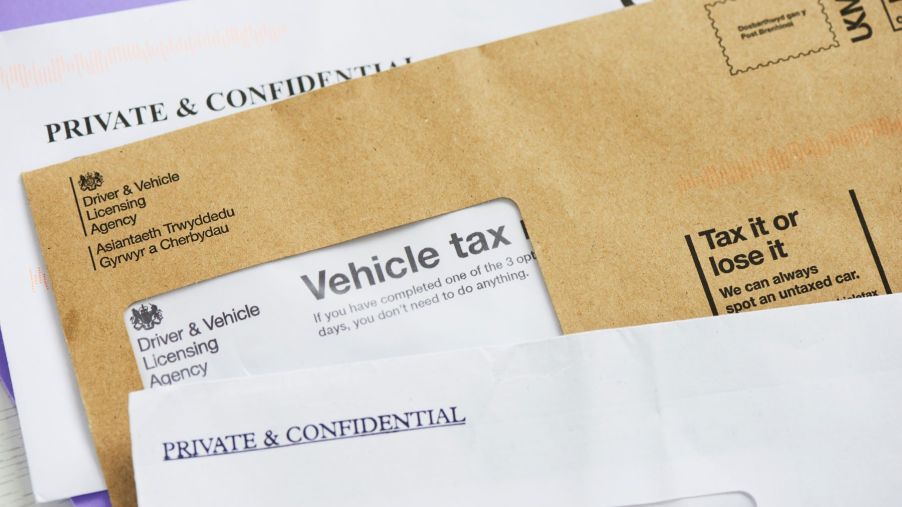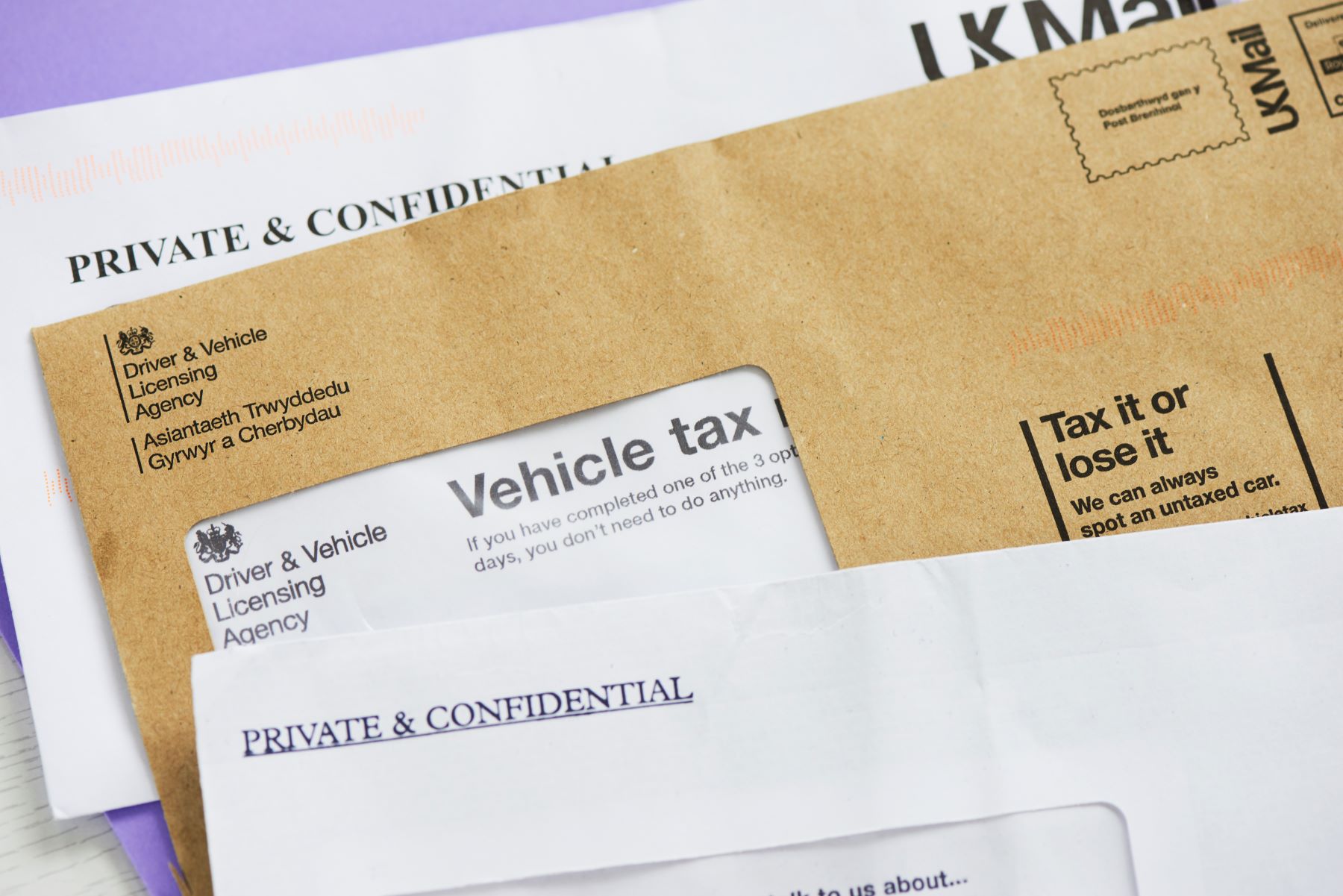
Keep These Things in Mind Before Buying a Car Without a Title
Car buying almost always isn’t as simple as walking into a showroom, finding a car, and signing some papers. It’s good practice to research a dealership or private seller first to ensure your experience goes smoothly. If you’re dealing with a private seller, you may also want to research the car’s VIN before you decide to buy it.
Did you know that you can also buy a car even if it doesn’t have a title? This isn’t always a cause for concern, as long as you get a bill of sale and a surety bond. Cars without titles are often offered at cheaper prices, but are they worth the extra hassle?
Why are car titles so important?
A title transfer is essential for complete vehicle ownership, and it’s often a straightforward process. According to Nexstar NewsNation, the seller will fill out the appropriate sections of the title and put your information on the back. After that, you and the seller will write up a bill of sale together.
This typed or hand-written contract should include your name, the date of the sale, and some information about the vehicle itself. Some states require more information on this bill of sale than others, so reach out to your DMV for guidance.
You also need a new title application, which can be found on the DOT’s website for your state. Once you’ve completed that, bring it along with your bill of sale to the DMV and pay any required fees. Allow a few weeks for your new title to arrive in the mail.
In some cases, title transfers can be a little more complicated. For example, you’ll need a lender’s permission when trying to sell a car you’ve yet to pay off completely. Some states, such as West Virginia and Maryland, also require you to have the bill of sale officially notarized.
Can you register a car without a title?

Your local DMV won’t allow you to register a car with no title, so be prepared to do some extra legwork. First, get the car’s VIN and confirm that it has a clean vehicle history report. If everything checks out, you can ask the seller to apply for a duplicate title from the DMV.
Only a handful of states don’t require a title to register your car, and then only under specific criteria. For example, vehicle titles are optional in Vermont if the car is 15 years or older.
The risks of buying a titleless vehicle
Unfortunately, many cars without titles are later discovered to have been stolen. Before purchasing a title-less car, run its VIN through the NICB database. Never work with a seller who refuses to provide a VIN or conceals it in photos.
Car titles also indicate if a vehicle has an outstanding lien. In some states, like New York, a release of lien document must be attached to the title before the owner can resell the car. Without the presence of these documents, you risk having your vehicle repossessed in the future.
Any vehicle that has undergone significant flood damage will likely receive a salvage car title. A private seller can claim that they lost the title to avoid disclosing this knowledge to the buyer.
Be cautious if the seller is selling the car for a price way below the vehicle’s current value. Flooding can cause severe damage to a car’s electronic and mechanical components. Even if the seller cleans it beforehand, the car will usually have a lingering odor or signs of rust.
Also, be aware that buying a car without a title is illegal in some states. Even if the purchase itself isn’t explicitly illegal, driving without registered license plates (which can only be issued by the DMV) is prohibited. If you absolutely have to have a title-less car, brush up on your local laws and proceed with caution.



